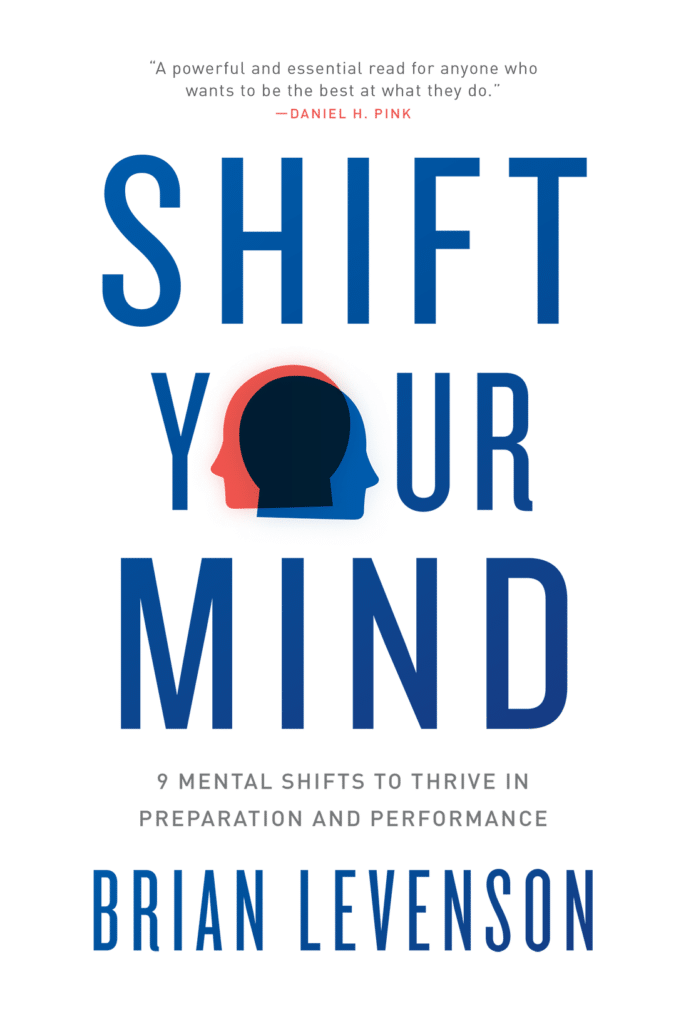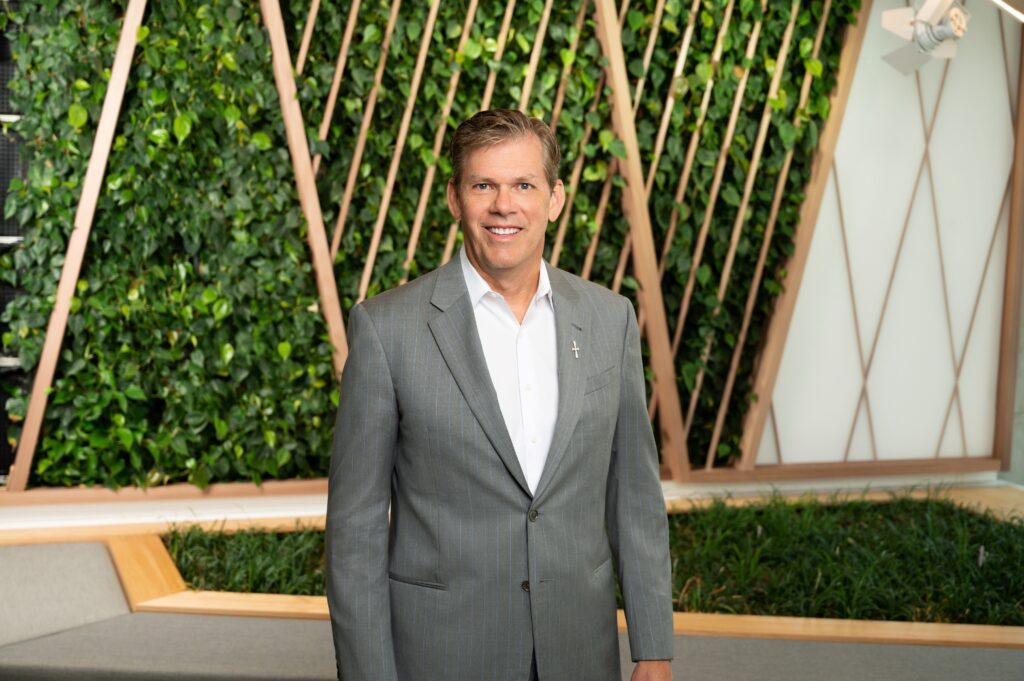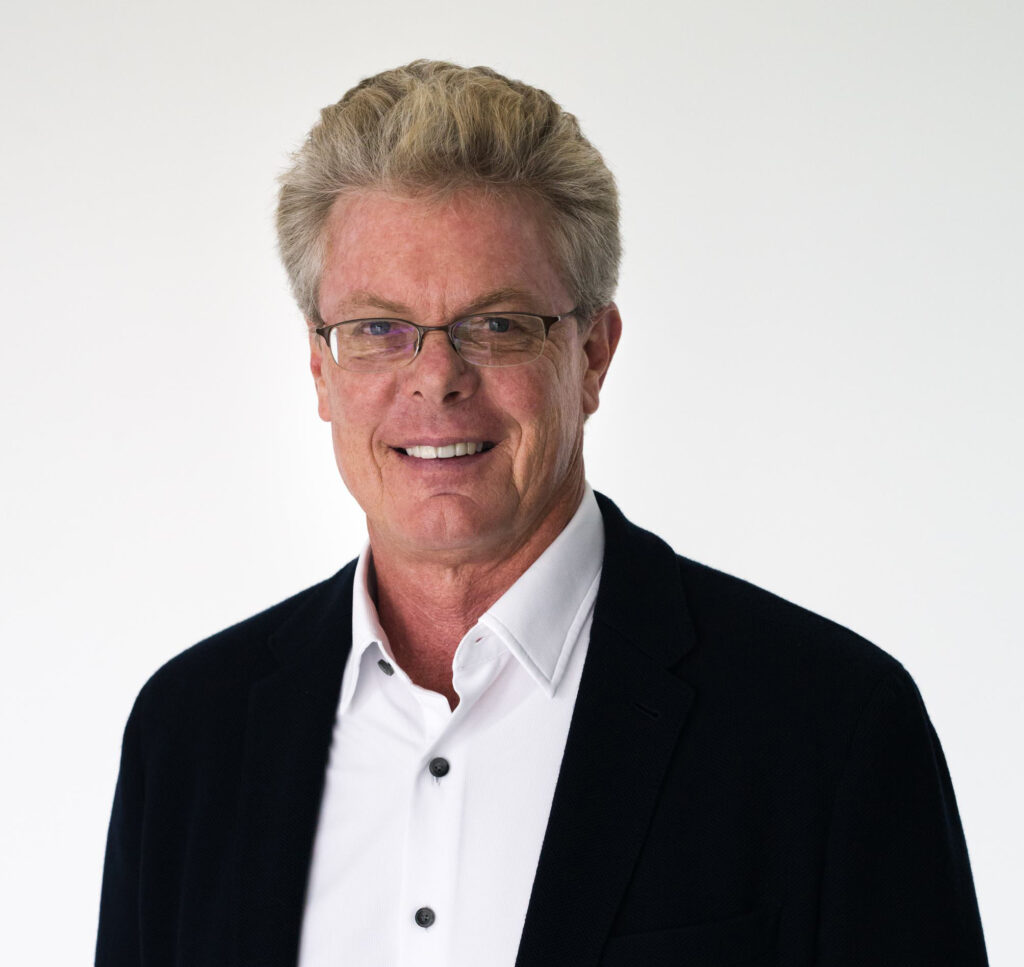Three Ways to Embrace Contradiction and Become a Stronger Leader

From the minute we’re old enough to kick a ball, we’re bombarded with messages about success, many of them contradictory. How many times have you been told that confidence is the key to winning? Or humility? What about adaptability? Perfectionism?
Over my years as a mental performance and executive coach, I’ve worked with CEOs, professional athletes, and leaders in all areas of government. And while all these elite performers have their own strengths and weaknesses, I’ve found that the best of the best share one specific ability: They can move seamlessly from preparation to performance and back again. I’ve explored this powerful framework in my recent book, Shift Your Mind: 9 Mental Shifts to Thrive in Preparation and Performance.
The core idea behind Shift came to me in 2012. The Giants had just improbably won the Super Bowl, defeating the New England Patriots, who were considered the favorite. In the week leading up to the game, Giants coach Tom Coughlin explained to the media that all season long, he had told his guys to be “humble enough to prepare, confident enough to perform.”
I couldn’t stop thinking about the simple idea that our mindset in preparation should be different from our mindset in performance. After studying my clients and the performers I personally admire—people like Coughlin, Beyoncé, and the late Kobe Bryant—I came to a conclusion.
The preparation mind and the performance mind are not just different. In fact, they are often binary opposites. Therefore, what we think—and when—dictates how far we can go and what we can deliver. We need to embrace, and practice, both the preparation and performance minds to be our best.
In Shift Your Mind, I identify nine core binaries that define the differences between our preparation and performance mindsets (see them all at strongskills.co/book). When we’re aware of these binaries, and when we learn how to use them correctly, we can experience our full potential and find joy in the process. In this article, I’d like to look at three of these binaries: Future and Present, Analysis and Instinct, Selfish and Selfless.

Future and Present
Thinking of the future can give you a goal to work toward, but in the moment of performance, you must stay present to seize opportunity.
Jake Thompson is the founder and Chief Encouragement Officer of Compete Every Day, a lifestyle and gear brand devoted to helping people lead better and achieve more. As a single guy in his 20s, Thompson devoted all of his time to starting his business in the hope that he would be established by the time he was ready to settle down. During our conversation on my podcast, Intentional Performers, Thompson explained that he focused on future rewards, not the present hardships of giving up social and career opportunities to launch his company.
Later, he was able to lean on these skills in a moment of crisis. After an unsuccessful event, he began struggling with self-doubt and negativity on his trip back.
“There’s a phrase I went back to on that drive,” Thompson said. “‘I messed up, but the best is still ahead of me.’ And when you believe that, the idea of quitting kind of goes away.” Thompson knew that all his prior work meant that one failure wasn’t the end. By relying on future planning in preparation, he could keep going in the moment of performance.
Envision the Future
Some people think that having a vision board is woo-woo, but the greats use them. If you’re not much of an artist, consider a non-traditional version.
While training for the Olympics, world champion swimmer Katie Ledecky wrote the number 565 on her pull buoy (a leg float used in swim workouts) as a constant reminder of her goal to swim 3:56 (56) in the 400-meter and 8:05 (5) in the 800-meter freestyle competitions at the 2016 Olympics. That 565 was Ledecky’s version of a vision board, an everyday reminder of her goals. A few years later, she came within fractions of seconds of her goals and broke a new world record in the process.
Katie Ledecky’s vision became her guide. How can you represent your goals visually?
Analysis and Instinct
Over time I’ve come to realize that nobody is a “natural.” Instinct comes through deep analysis. Assistant Men’s Basketball Coach Brandon Chambers of Texas Southern University maintains good habits through daily journaling.
“It’s a great way for me to self-reflect,” he said. “Every two or three weeks, I’ll go back and take notes on those days and where things are at and where I can improve and get better.”
His goal in journaling, Chambers added, is to “compartmentalize and categorize,” so that his work stress doesn’t spill into his performance at home or vice versa. By producing data about his daily performance, Chambers can better prepare. With better preparation, he performs to his highest standards.
Find Your WILL
Remembering that analysis in preparation mode can hone your instinct in performance mode, try this simple exercise for yourself. WILL is an acronym for four crucial questions that can help you analyze your opportunities for growth. Ask yourself these questions after every performance:
- What went well?
- What can I improve?
- What did I learn about myself?
- What did I learn about my situation?
With this Well-Improve-Learn-Learn analysis done, you will, like Chambers, be prepared for higher performance in the future.
Selfish and Selfless
Kevin Lavelle is the founder of the Texas performance menswear company Mizzen+Main and senior VP of the nonprofit Stand Together. He’s also a father of two who wants to spend quality time with his kids. Lavelle described to me the balancing act that his life requires.
“I want to sleep more,” he said. “I want to work out more, I want to eat better, I want to be more attentive, I want to do more work . . . It’s not possible! [The key is] allowing myself that freedom to say, ‘You know, I worked a lot later than I intended to. I’m not going to get up in the morning and work out because I need my sleep.’”
Sounds counterintuitive, doesn’t it? Yet this founder and former CEO of a highly regarded and innovative company does his best to put himself first when he needs it. When we lose sight of our own health and personal goals, we limit our capacity to lead.
Practice Selfishness
Maybe you can relate. Many high performers are “team players” who struggle more with being selfish than being selfless, but when we’re preparing, we sometimes need to focus on ourselves, like Lavelle does, to stay sharp. One of my favorite questions to pose to clients at a time of conflict is: What advice would you give to your best friend in this situation?
Try this exercise. Think about the last time you had a friend or a coworker who was in need of advice. How easy was it for you to help that person see the possibilities if only he or she took the time to focus inward? Did you find it unusual to ask that person to focus on his or her own needs and goals?
Next time you find yourself struggling, treat yourself like a friend.
Through my work as a mental performance coach and podcaster, I’ve been privileged to meet some extraordinary leaders. All of them know that the person they are on the big stage does not need to be the same as who they are away from it. Intentionality is the key. The preparation and performance minds can be strengthened like muscles, until the shift between them is seamless. It’s that “and” that is important: not choosing one mode or the other but embracing both at the right times.
Shaka Smart, head men’s basketball coach at the University of Texas, put it perfectly when we discussed how contradiction and polarity fuel my work. “To me, what’s underneath what you’re talking about is consciousness,” he said. “If we are highly conscious and we are aware, if we drop any resistance to what’s going on, then we certainly can choose to be ‘and.’”
The best leaders don’t just practice. They embrace that “and” as they shift their minds in preparation and performance.






